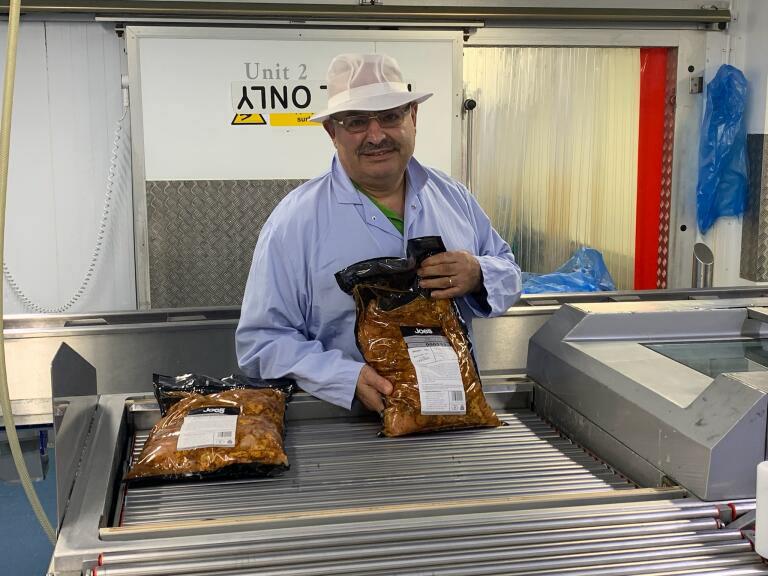Ketogenic diets promote low-carb and high fat consumption with the aim of triggering ketosis, making the body incredibly efficient at burning fat for energy. Brands geared to such diets seem well-positioned amid the Government’s junk food crackdown and an increased focus on health and wellness fuelled by links between obesity and increased susceptibility to the Sars-CoV-2 virus.
One such brand is Fatt. Sporting a recently refreshed look, Fatt has launched into specialist retailers Whole Foods Market and Planet Organic after finding success online through its website and Amazon Marketplace.
“The world of keto has been driven primarily outside of main retail and it’s come about through enormous growth in America and this sort of ‘underworld’ of online shopping, which COVID has obviously accelerated,” said Fatt founder and CEO Hannah Sutter.
There are no plan for her keto bars to appear in the likes of Sainsbury’s or Tesco just yet. However, Sutter felt recent legislation could lead to the main retailers looking to stock healthier snack bars.
HFSS legislation
“With changes coming to rules for sugar, salt and fat, there will be some fantastic opportunities for companies like us to produce products that do not fall foul of the new legislation – in due course,” she added.
“I’m not talking about tomorrow or next week, but I think the main retailers might find that looking at these more specialist and more alternatives products could fill up quite a few areas of the supermarket which, at the moment, [HFSS foods] can’t be.”
For Sutter, it has been a happy coincidence that recent legislation – such as the junk food ad ban announced last week – have aligned with her company’s offering. As she described it, Fatt was never trying to fit in with legislation.
“If we can help supermarkets provide choices for customers that fit their legal requirements, but taste great, that’s fantastic – but I think we’re a little way off from Sainsbury’s knocking on my door,” she continued.
Getting in to keto
Sutter also gave advice for aspiring entrepreneurs who wished to enter the keto foods market, but warned that the market was getting very full. Start-ups needed to be conscious of this and make sure they know what kind of keto diet they want to provide for.
“There are many different types of keto diet that are used for different purposes – somebody trying to lose weight with keto would not be following the same diet at somebody who is an endurance athlete or managing other types of medical conditions,” she explained.
“You’ve got to work out what type of keto you are and then choose if you’re going to be a purist – providing something that’s really clean [label] – or something that’s cheap as chips. These are the decisions that somebody wanting to get into the market has to make.
“I think keto is growing fast it and I think that there will be more competition coming down the line.”





